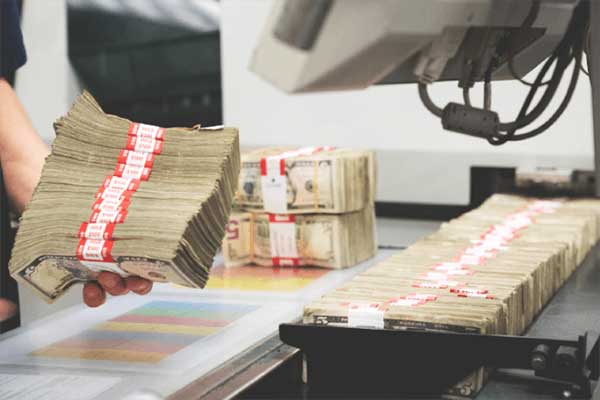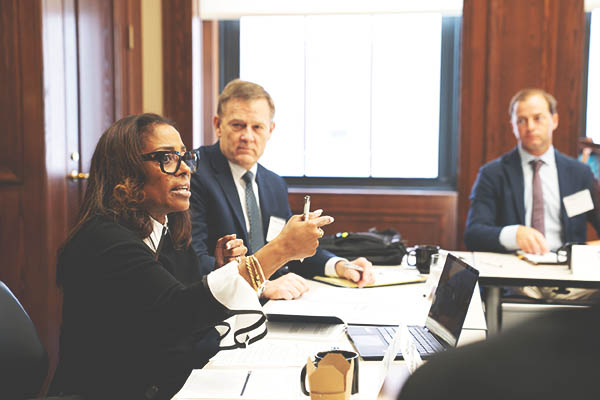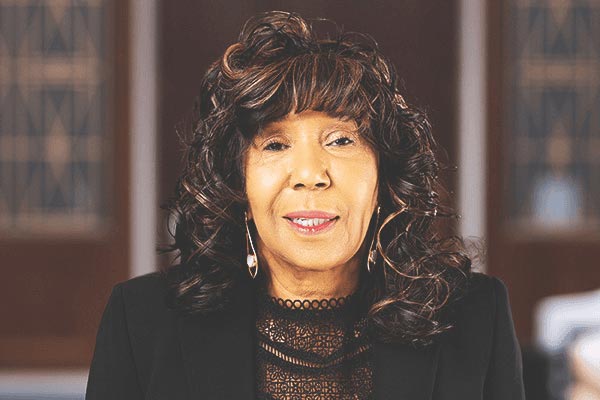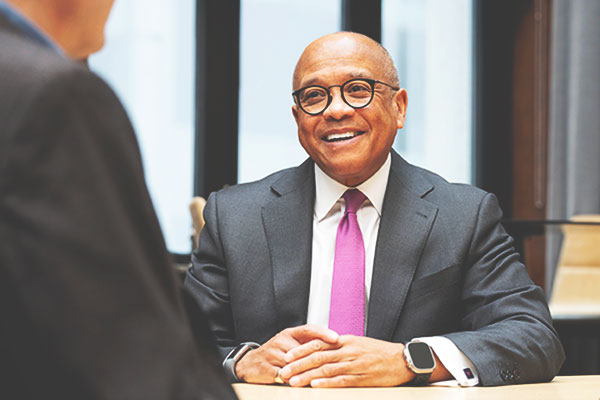About the Federal Reserve Bank of St. Louis
The central bank has a decentralized structure: Each Reserve bank operates in its own geographic area, or District, to ensure economic conditions around the U.S. are represented. The St. Louis Fed serves the Eighth District, which has about 15 million people. Our District spans all of Arkansas and parts of Illinois, Indiana, Kentucky, Mississippi, Missouri and Tennessee. We have branch offices in Little Rock, Louisville and Memphis. Learn how Reserve banks serve as your voice in the economy (PDF).
Committed to a Strong and Resilient Economy for All
We are a trusted partner in conducting monetary policy.


We supervise financial institutions.
We advance safe payment services and support the Treasury.


We promote consumer protection and community development.
We offer free economic research, data and tools.






